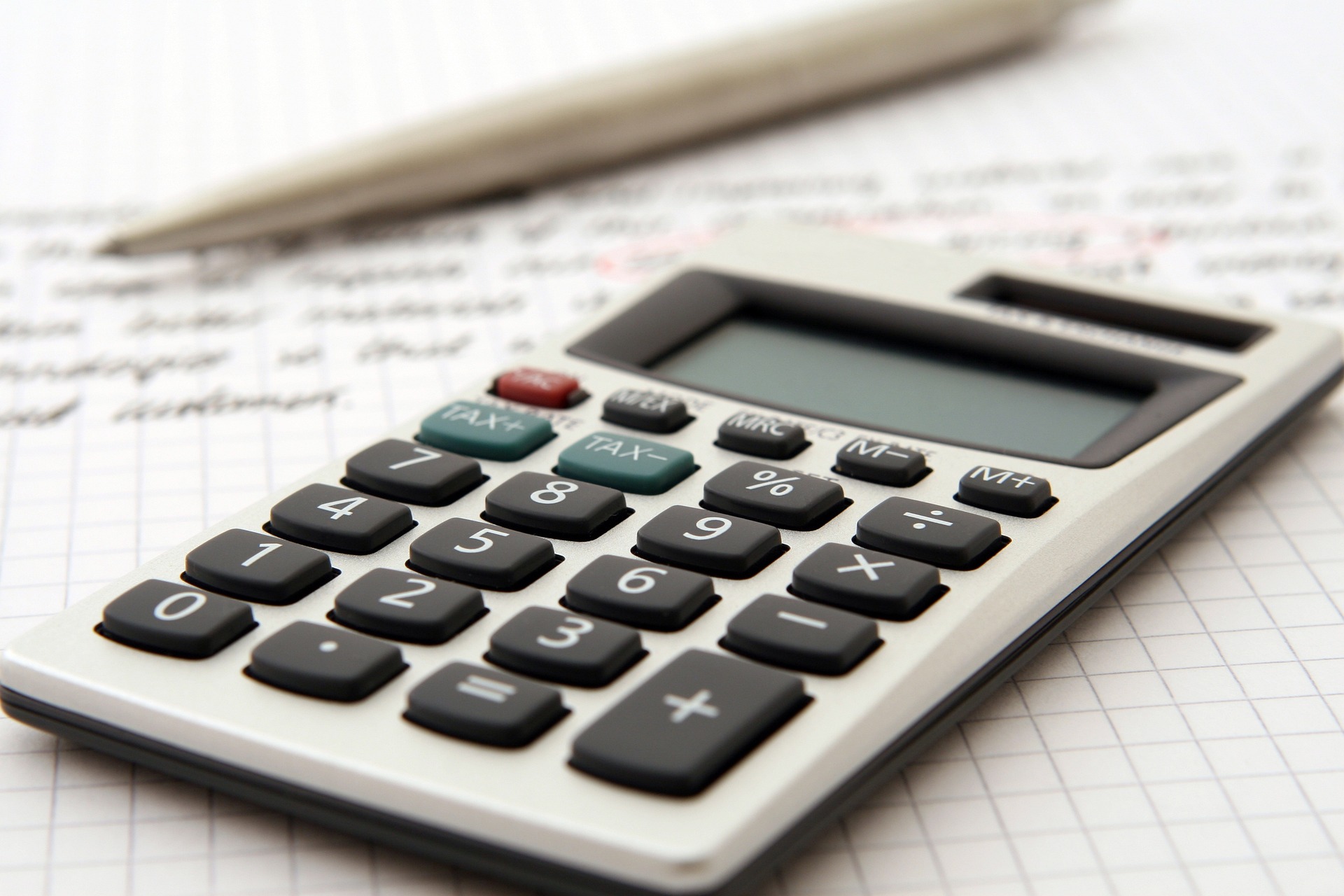Innovation is the cornerstone of progress, and in the dynamic landscape of business, Research and Development (R&D) activities propel companies forward. However, navigating the complexities of R & D tax claims can be daunting. Accountants in Ramsbottom stand ready to assist, offering expertise and support to ensure compliance and maximise returns.
Understanding R & D Tax Claims
R&D tax claims serve as a vital mechanism to encourage and incentivise innovation within businesses. By providing tax relief, governments aim to stimulate investment in research and development, ultimately driving economic growth and competitiveness.
What qualifies as R & D?
Research and Development (R&D) activities encompass a wide array of efforts aimed at advancing knowledge or technology. This can include developing new products, processes, or services, as well as improving existing ones. Key criteria for qualifying R&D activities often include:
- Systematic Investigation: Activities involve a systematic approach to solving technological or scientific uncertainties.
- Innovation: Efforts result in the creation or improvement of products, processes, or services.
- Technical Uncertainty: Projects address technical challenges or uncertainties that require experimentation or analysis to overcome.
Why are R & D tax claims important?
R & D tax claims provide tangible financial benefits to businesses engaged in innovative activities. By offsetting a portion of R&D expenditure against tax liabilities, companies can reinvest these savings into further research and development initiatives. This cycle of investment fuels ongoing innovation, driving long-term growth and competitiveness.
The Role of Accountants in R & D Tax Claims Compliance
Navigating the intricacies of R & D tax claims requires a deep understanding of tax legislation and accounting principles. Accountants play a crucial role in guiding businesses through this process, offering expertise and support every step of the way.
Expertise in Tax Legislation
Accountants specialising in R & D tax claims possess comprehensive knowledge of relevant tax legislation and regulations. They stay abreast of updates and changes, ensuring that clients remain compliant with all requirements. By leveraging their expertise, accountants can accurately identify eligible R & D activities and expenses, maximising potential claim benefits for businesses.
Maximising Claim Benefits
Ramsbottom professional accountants utilise their specialised knowledge to maximise claim benefits for clients. Through meticulous analysis and documentation, they identify all eligible R & D expenditure, ensuring that no potential claim opportunities are overlooked. By optimising claim submissions, accountants help businesses maximise their returns and reinvest in future innovation.
Common Misconceptions about R & D Tax Claims
Despite the significant benefits offered by R & D tax incentives, several misconceptions persist surrounding their eligibility and complexity. Addressing these misconceptions is essential to ensure that businesses fully leverage the available opportunities.
Myth: R & D tax claims are only for large corporations.
Reality: While large corporations may indeed benefit from R & D tax incentives, these incentives are available to companies of all sizes. Small and medium-sized enterprises (SMEs) can also reap substantial rewards from R & D tax claims, often receiving significant cash refunds that can be reinvested into further innovation.
Myth: R & D tax claims are overly complex and time-consuming.
Reality: While navigating R & D tax claims can be intricate, enlisting the support of experienced accountants streamlines the process. Accountants possess the expertise and resources necessary to guide businesses through each step of the claim process, reducing the administrative burden and ensuring accurate submissions.
How Accountants Assist with R & D Tax Claims
Comprehensive Assessment of R & D Activities
Accountants begin by conducting a thorough assessment of a company's R&D activities. This involves identifying projects that meet the criteria for R & D tax relief, including the resolution of technical uncertainties and the pursuit of innovation.
Documentation and Record-Keeping
Accurate documentation is essential for successful R & D tax claims. Accountants work closely with clients to ensure that all eligible R&D expenditure is properly documented and recorded. This includes costs related to staffing, materials, and subcontractors.
Claim Preparation and Submission
Preparing and submitting an R and D tax claim requires careful attention to detail. Accountants compile all necessary documentation and information, ensuring that the claim is accurate and compliant with relevant regulations. They then submit the claim on behalf of the client, liaising with tax authorities as needed.
Ongoing Support and Compliance
R & D tax claims are subject to scrutiny by tax authorities, and it is essential to maintain compliance throughout the process. Accountants provide ongoing support to clients, addressing any inquiries or concerns raised by tax authorities and ensuring that all necessary documentation is provided.
Navigating R & D tax claims compliance requires expertise and attention to detail.

FAQs
How far back can claims be made?
Claims can typically be made for the current accounting period and the previous two accounting periods. However, specific eligibility criteria may vary depending on the jurisdiction and applicable tax regulations.
Are subcontractor costs eligible for claims?
Yes, subcontractor costs incurred for qualifying R & D activities are often eligible for inclusion in claims. However, it is essential to ensure that subcontractor activities meet the necessary criteria for eligibility, such as directly contributing to the resolution of technical uncertainties.
What types of R & D expenditure are eligible for tax relief?
Eligible R & D expenditure may include staffing costs, materials and consumables used in R & D activities, software and utilities, and certain subcontractor costs. It is crucial to consult with an experienced accountant to determine which expenditures qualify for tax relief.
Is there a minimum threshold for R & D expenditure to qualify for tax relief?
The specific requirements for R & D tax relief may vary depending on the jurisdiction and applicable tax regulations. However, in many cases, there is no minimum threshold for R & D expenditure to qualify for tax relief. Even small-scale R & D projects may be eligible for relief, making it accessible to businesses of all sizes.
Conclusion
Navigating R & D tax claims compliance requires expertise and attention to detail. Accountants in Ramsbottom offer invaluable support, guiding businesses through the process and maximising claim benefits. For accurate submissions and optimal returns, trust local accounting services in Ramsbottom. Connect with us on social media: Facebook and LinkedIn to learn more about how we can assist you. Schedule a meeting with Ramsbottom accountants today to explore opportunities for innovation-driven growth.
Get in touch.
"*" indicates required fields
